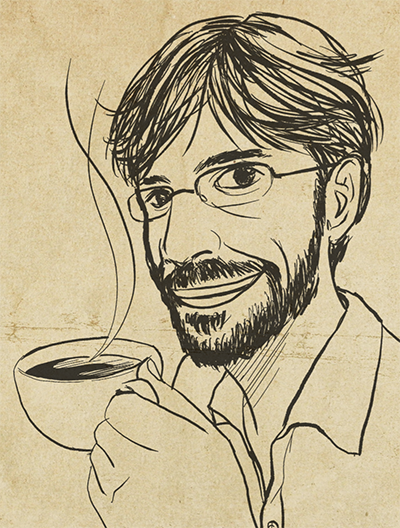Cited By
View all- Bonicalza SValsecchi ECoppola ECapatano VThatcher H(2024)Citizen science in eDNA monitoring for mediterranean monk seal conservationBMC Ecology and Evolution10.1186/s12862-024-02338-824:1Online publication date: 24-Dec-2024
- Lenart-Gansiniec R(2024)Management scholars’ perception of barriers and bridges to use crowdsourcing in science: qualitative researchStudies in Higher Education10.1080/03075079.2024.231242449:12(2546-2559)Online publication date: 20-Feb-2024
- Jiang YBenatallah BBáez M(2024)Understanding how early-stage researchers leverage socio-technical affordances for distributed research supportInformation and Software Technology10.1016/j.infsof.2023.107340165:COnline publication date: 1-Jan-2024
- Show More Cited By




